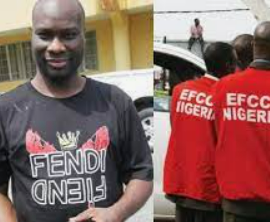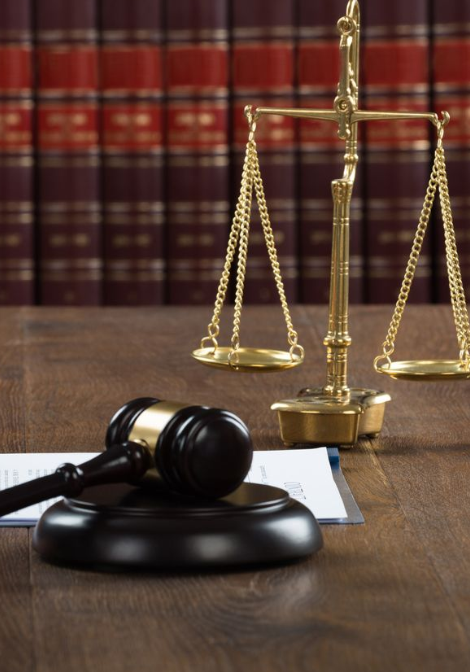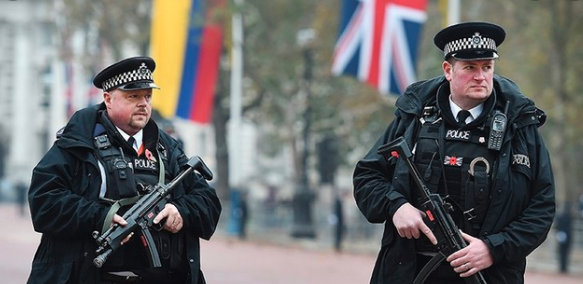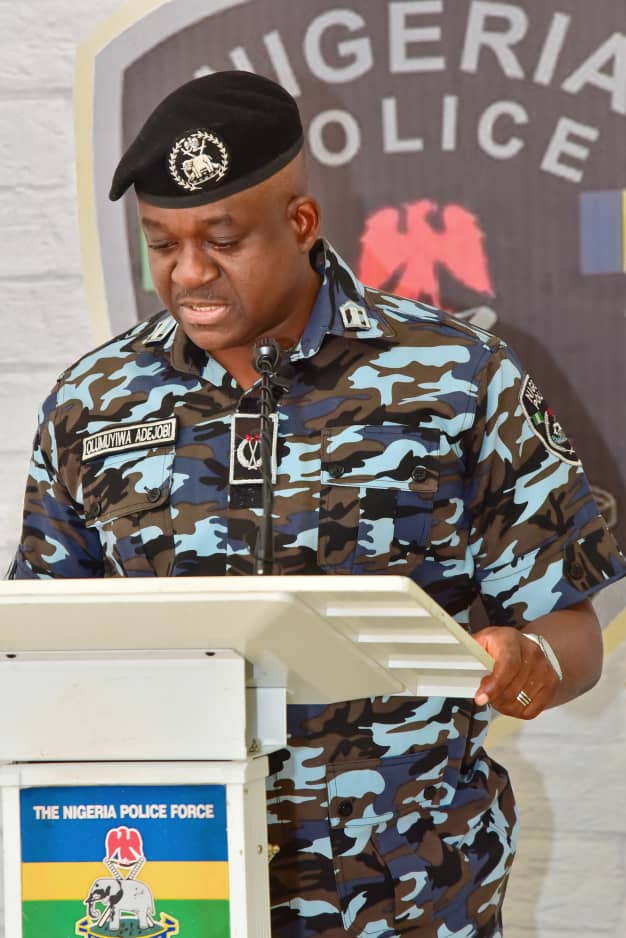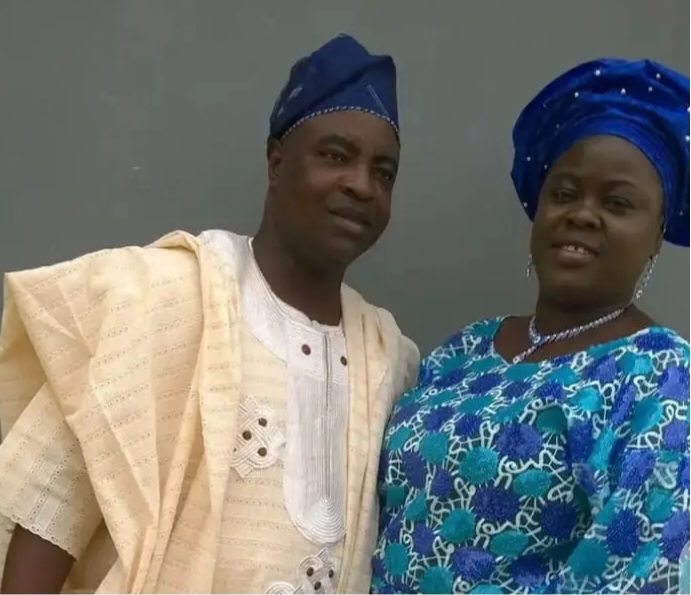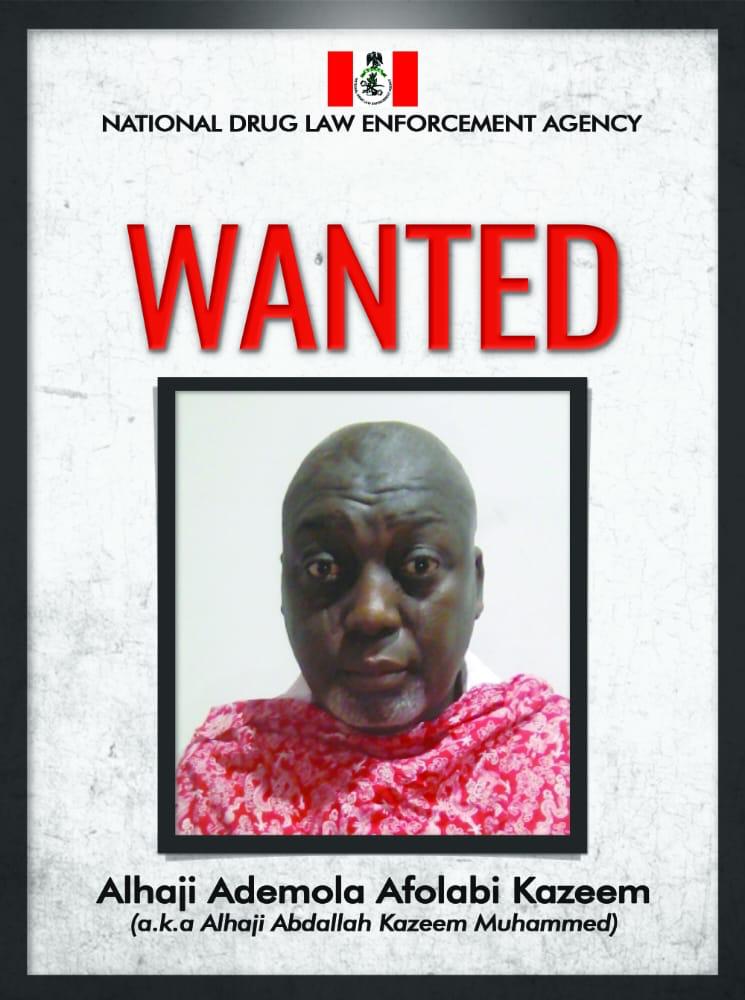
Law Enforcement agents in the United States (U.S.) have raised a task force to handle coronavirus-related fraud.
Western District U.S. Attorney Thomas T. Cullen announced the new effort last weekend, which includes his and the Eastern District U.S. attorney’s officer and fraud investigators from the FBI and the Virginia State Police.
“Exploiting a global pandemic for financial gain is not only morally reprehensible, but it is also likely criminal,” Cullen said. “Federal prosecutors in Virginia are working closely with the FBI and the Virginia State Police to identify individuals who are engaging in coronavirus fraud, in its various forms, and preying on vulnerable populations.”
Cullen said the task force would focus on acts of fraud and not the amount of loss from those activities.
“For anyone victimized by a COVID-19 scammer looking to profit off of this pandemic, our office remains steadfastly committed to pursuing justice on your behalf,” Eastern District U.S. Attorney G. Zachary Terwilliger added.
FBI Richmond Office Special Agent in Charge David W. Archery said cybercrime would get attention by the task force. He recommended that people avoid opening email attachments or links from unfamiliar senders and to verify that shared information comes from legitimate sources.
Archery also recommended that people not share logins, banking information or any personal information in response to emails. Moreover, he said people should manually type web addresses when visiting those websites.
Taskforce officials said people may encounter coronavirus and COVID-19 fraud attempts including:
— Treatment scams offering fake cures, vaccines, and advice on unproven treatments.
— Supply scams including fake shops, websites, social media accounts, and email addresses claiming to sell high-demand medical supplies such as surgical masks. Fraudsters pocket the money and never provide the promised goods.
— Provider scams contacting people by phone and email, pretending to be doctors and hospitals that have treated a friend or relative for COVID-19 and demanding payment for that treatment.
— Charity scams soliciting donations for individuals, groups and areas affected by COVID-19.
— Phishing scams posing as national and global health authorities, including the World Health Organization and the Centers for Disease Control and Prevention, sending phishing emails designed to trick recipients into downloading malware or providing personal and financial information.
— App scams including mobile apps designed to track the spread of COVID-19 to insert malware to compromise users’ devices and personal information.
— Investment scams including online promotions on social media and other platforms, claiming that the products or services of publicly traded companies can prevent, detect, or cure COVID-19 and that the stock of these companies will dramatically increase in value as a result.
— Price gouging scams by individuals and businesses selling essential goods like hand sanitizer for significantly higher prices than in a non-emergency setting. It is legally considered price gouging when the price of one of these products increases more than 20% its price one week prior to an emergency declaration from the Commonwealth of Virginia.
Virginia State Police Superintendent Col. Gary T. Settle said his agency and the FBI will be conferring regularly with federal prosecutors on cases and assigning resources where necessary.
The Assistant United States Attorney Michael Baudinet will serve as the COVID-19 fraud coordinator for the Western District of Virginia.
People, suspecting they are victims of internet fraud or, who see suspicious activity can contact the FBI’s Internet Crime Complaint Center at www.ic3.gov.
Anyone believing they are a fraud victim or who need more information about COVID-19 can visit: https://www.justice.gov/usao-wdva/covid-19-fraud.

